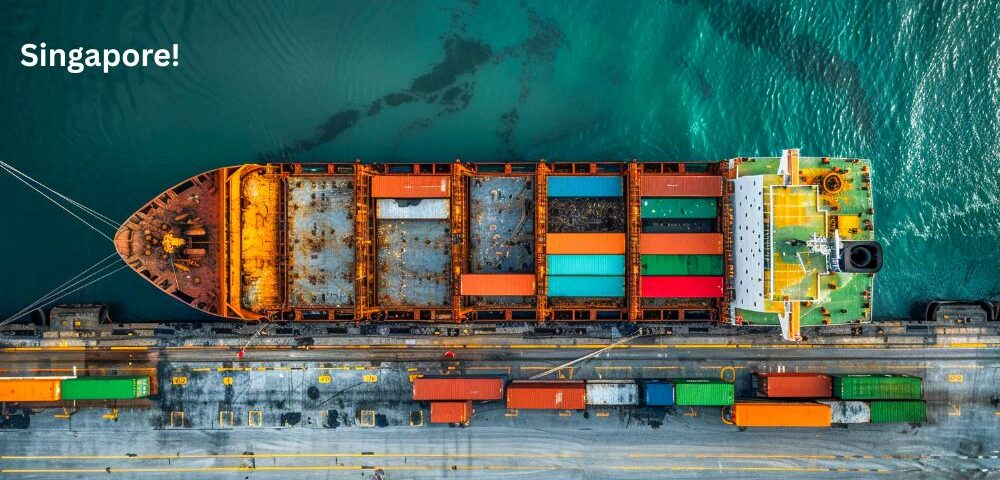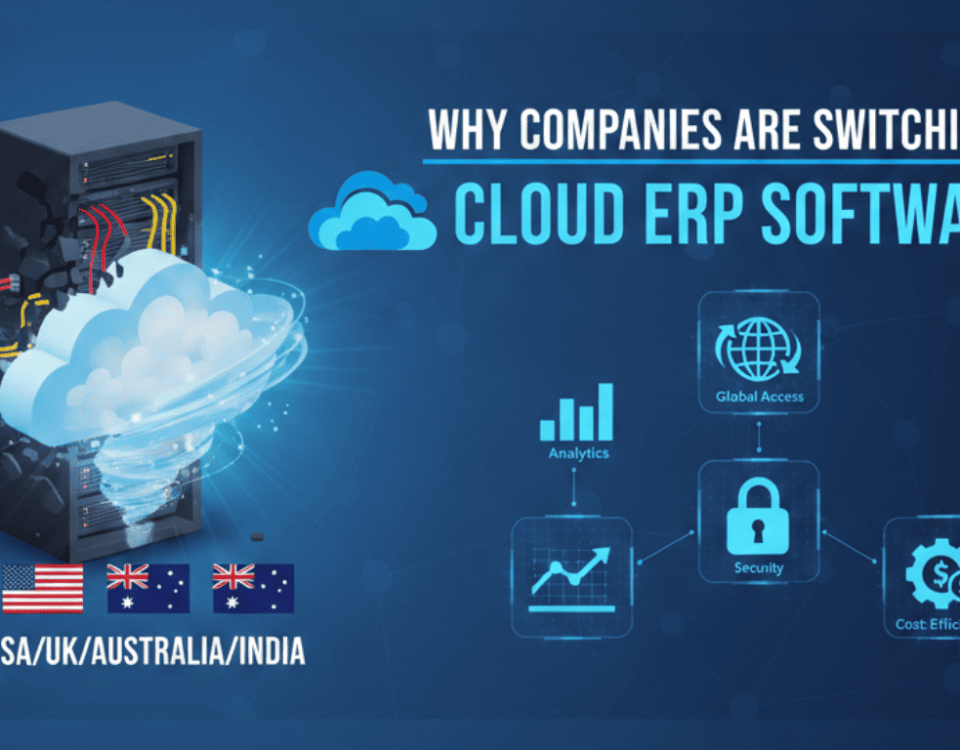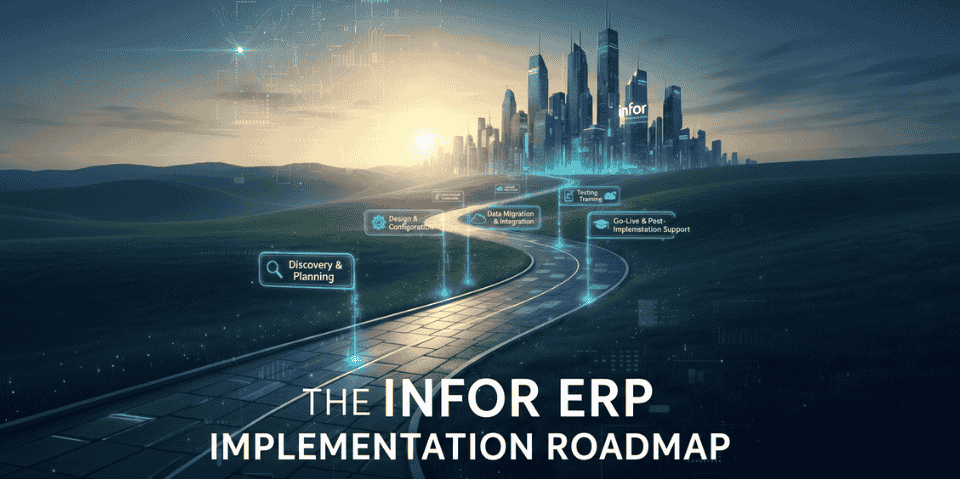
Why Australian Manufacturers are Investing in ERP for Supply Chain Resilience?
June 23, 2025
The Impact of AI and Machine Learning on ERP Systems
July 14, 2025How Singaporean Logistics Companies Use ERP to Optimize Port & Maritime Operations
ERP Singapore is revolutionizing how logistics companies manage their work. From small firms to those using the top ERP software in Singapore, these systems are transforming port and maritime operations. Logistics ERP systems offer powerful tools. In a place like Singapore, they yield big boosts on an international basis. Maritime operations are becoming smoother, thanks to these advanced systems.The Power of ERP in Port Logistics
Companies in Singapore are increasingly adopting ERP solutions for logistics companies in Singapore to stay competitive in the global market. Port logistics involves many complex steps. Think about loading and unloading ships. Consider managing the movement of goods. Add to that the paperwork and regulations.
Without a good system, things can get messy. ERP software provides a central platform. It helps manage all these different parts. This leads to better coordination and fewer errors. Companies in Singapore are increasingly adopting ERP Singapore for this reason. They want to stay competitive in the global market.
The value of real-time visibility is a key feature. Having visibility of the cargo at every instance is made possible through ERP in the supply chain. It greatly aids a company in forecasting and in reacting fast to any incidences. An example would be informing customers whenever there is a delay of any sort.
This, of course, maximizes customer satisfaction. In logistics, an ERP is more than just tracking. It is also concerned with resource management, i.e., manpower and equipment, so as to maintain a smooth and efficient operation of maritime ventures.
Enhancing Maritime Efficiency with Top ERP software in Singapore
Many leading firms rely on the top ERP software in Singapore to manage vessel scheduling, crew organization, and regulatory compliance. Maritime ERP systems are tailored to suit the exact needs of the shipping industry. Vessel scheduling and the organization of crews are some activities covered in these systems. They also assist in compliance regulatory and safety supervision.
For any logistics company in Singapore, this is very important because of the strict regulations faced by the maritime industry. ERP systems for logistics companies in Singapore help such companies from keeping their laws up to date, thus avoiding heavy fines and delay.
How ERP optimizes port operations in Singapore is a key question for many businesses. The answer lies in integration. ERP systems bring together different departments. This includes operations, finance, and customer service. When everyone is working from the same information, things move faster. Decisions can be made more quickly and accurately.
Using ERP in maritime logistics and port handling leads to better communication and collaboration across teams. This is essential for efficient port logistics.
Real-Time Tracking and Workflow Management
These ERP solutions for logistics companies in Singapore provide real-time cargo tracking, offering complete visibility and transparency for both businesses and customers. ERP for Singapore’s port and maritime industry often includes advanced tracking features. Real-time cargo tracking using ERP software allows companies to monitor shipments from origin to destination. This level of visibility is invaluable. It helps prevent losses and improves security. Customers can also get updates on their shipments. This transparency builds trust.
Furthermore, ERP for managing maritime logistics workflows automates many manual tasks. This saves time and reduces the chance of human error. For instance, processing customs documents can be streamlined. Managing inventory in warehouses becomes easier. Port efficiency improvement through ERP systems is a direct result of this automation and improved data management.
The Future of Logistics in Singapore
As more logistics companies embrace the top ERP software in Singapore, the future of maritime logistics looks increasingly efficient and streamlined. By leveraging ERP solutions for logistics companies in Singapore, businesses are ensuring sustainable growth in a competitive industry.
Singapore logistics companies using ERP for maritime operations are leading the way in digital transformation. The benefits of ERP in the Singaporean logistics sector are clear. Increased efficiency, reduced costs, and improved customer satisfaction are just a few. Digital transformation of port operations with ERP is not just a trend. It is becoming a necessity for staying competitive.
Conclusion
ERP Singapore plays a vital role in optimizing maritime operations and port logistics. Logistics ERP and ERP software provide the tools needed for efficient management. Supply chain ERP and ERP for logistics offer real-time visibility and streamline workflows. Maritime ERP and ERP solutions for logistics companies in Singapore address the specific needs of the industry. How ERP optimizes port operations in Singapore and using ERP in maritime logistics and port handling are key to understanding its value.
ERP for Singapore’s port and maritime industry brings numerous advantages. These include real-time cargo tracking using ERP software and better management of maritime logistics workflows. Port efficiency improvement through ERP systems is a significant outcome. More and more Singapore logistics companies using ERP for maritime operations are seeing the positive benefits of ERP in the Singaporean logistics sector. This digital transformation of port operations with ERP is shaping the future of the industry.



